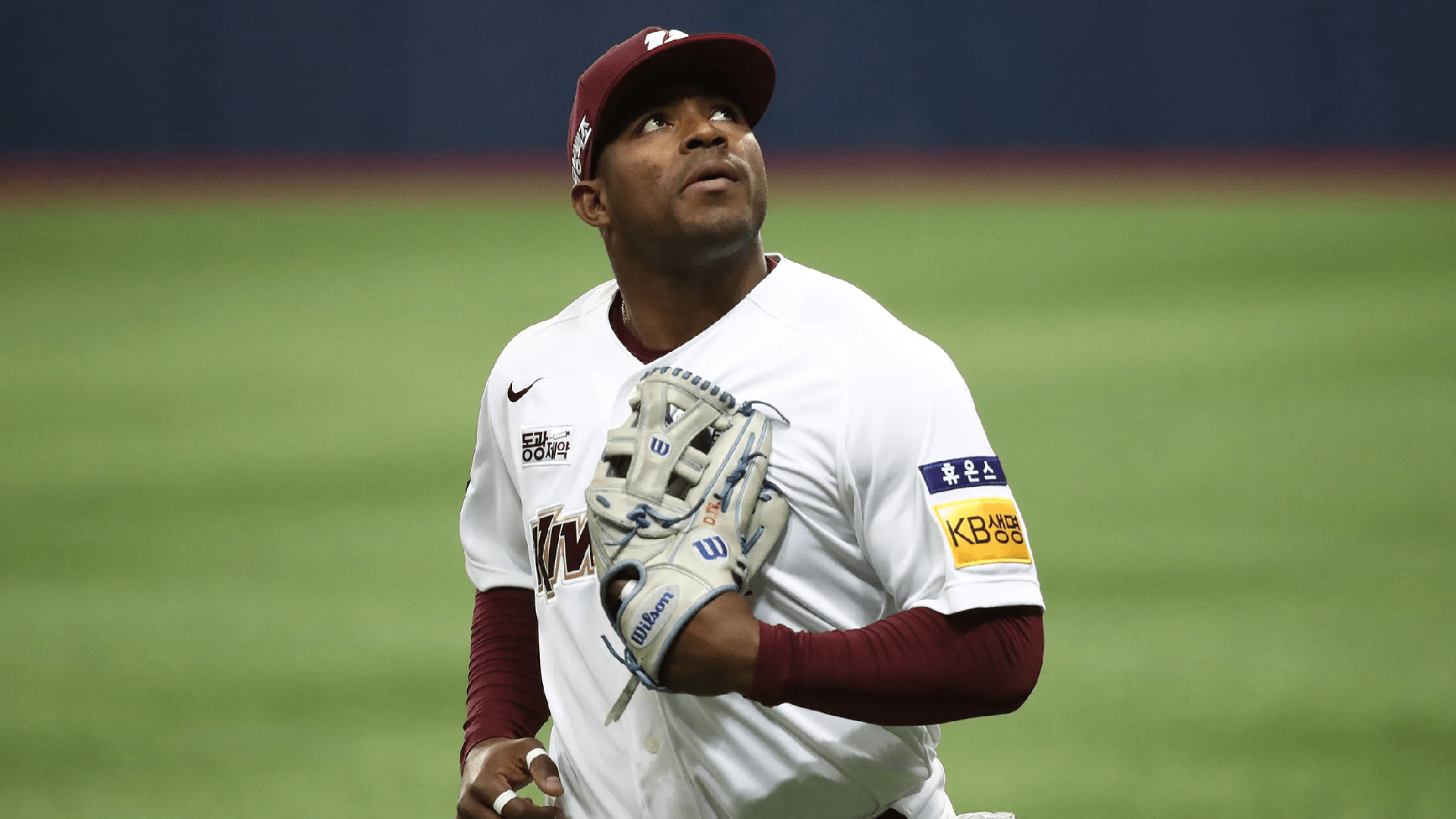Puig Sports Betting Guilty Plea Reversed by Ninth Circuit Court
Yasiel Puig, a former Major League Baseball (MLB) player, achieved a legal win on Thursday when the U.S. Court of Appeals for the Ninth Circuit supported a lower court's decision that Puig was not bound by a guilty plea deal made with the Department of Justice (DOJ) in 2022.
The agreement was reached after it was revealed that Puig, 34, placed bets via a California-based illegal sports betting organization in 2019. The unknown individual that Puig made bets with was linked to Wayne Nix, a past minor league baseball player. In 2019, while Puig was with the Cincinnati Reds and the Cleveland Indians, he placed bets on 900 almost basketball and football games and tennis events, but did not bet on MLB games.
In January 2022, DOJ officials interviewed Puig and cautioned him that providing false or misleading information could result in felony charges. He mentioned that he comprehended that caution. Four months later, the DOJ notified the athlete that he might face felony charges for making false statements and obstructing justice.
Shortly afterward, Puig accepted a plea bargain in return for a reduced sentence. Puig informed federal prosecutors that he would admit guilt to one count of providing false information. The DOJ would dismiss obstruction charges. In November 2022, Puig notified the Justice Department that he was withdrawing from the plea deal after his agent, Lisette Carnet, found new evidence that undermined the department’s case against him.
Appeals Court Declares Waiver Unenforceable
Carnet mentioned that Puig sensed pressure and was unready for his first interview with the DOJ and that throughout that process, he lacked his personal criminal defense attorney and had to depend on the department's interpreter. Born in Cuba, he is a fluent Spanish speaker.
Furthermore, no plea deal was established during that initial interview, and Federal Rule of Evidence 410 states that if those conversations do not lead to a guilty plea or a retracted guilty plea, that evidence cannot be used against the defendant.
"Viewing the language of Puig’s plea agreement against the backdrop of this caselaw, we conclude that Puig’s…waiver was not triggered here. As we have explained, Puig’s waiver…was expressly contingent on the district ‘[c]ourt’s finding’ that there was a ‘breach of this agreement.’ The terms of that waiver are most naturally understood as requiring that there be an ‘agreement’ that, under our caselaw, was enforceable by the ‘[c]ourt[]’ and as to which the court could therefore make the requisite ‘finding’ of a ‘breach,’” according to the Ninth Circuit’s opinion.
Consequently, the court ruled that the waiver against Puig was unenforceable. Federal prosecutors allege that Puig, who nearly lost $283,000 on sports betting, provided false information regarding his interactions with “Agent 1” — the entity in California that facilitated the wagers.
The Types of Agreements Are Important
In the Puig case, the different kinds of plea agreements recognized by the Federal Rules of Criminal Procedure became even more significant. As emphasized by Circuit Judge Daniel Collins, a Type A agreement is involved in the Puig case. This is a situation where the government commits to dropping certain charges or refraining from filing additional ones against a defendant.
Because Type A agreements contain enforceable clauses, these contracts require approval from district courts and can only be enforced when consent is granted.
“Because the plea agreement was a Type A agreement requiring the district court’s approval, and because that approval never occurred, the agreement was not enforceable by the court under our precedent,” wrote Collins. “The waiver, by its own terms, therefore did not apply. Consequently, Rule 410 remains applicable with full force here, and the factual basis of Puig’s plea agreement is ‘not admissible against’ Puig.”
